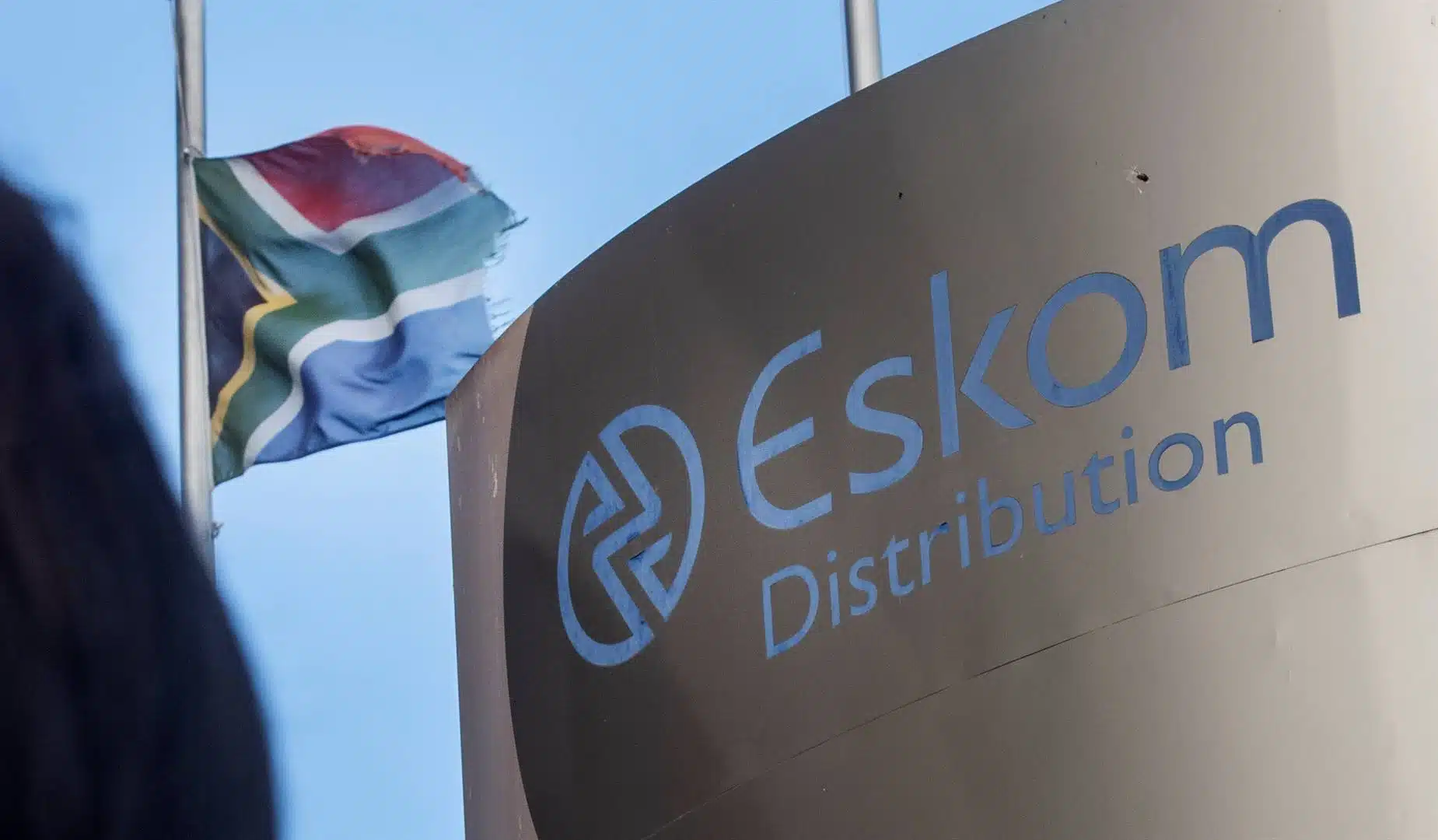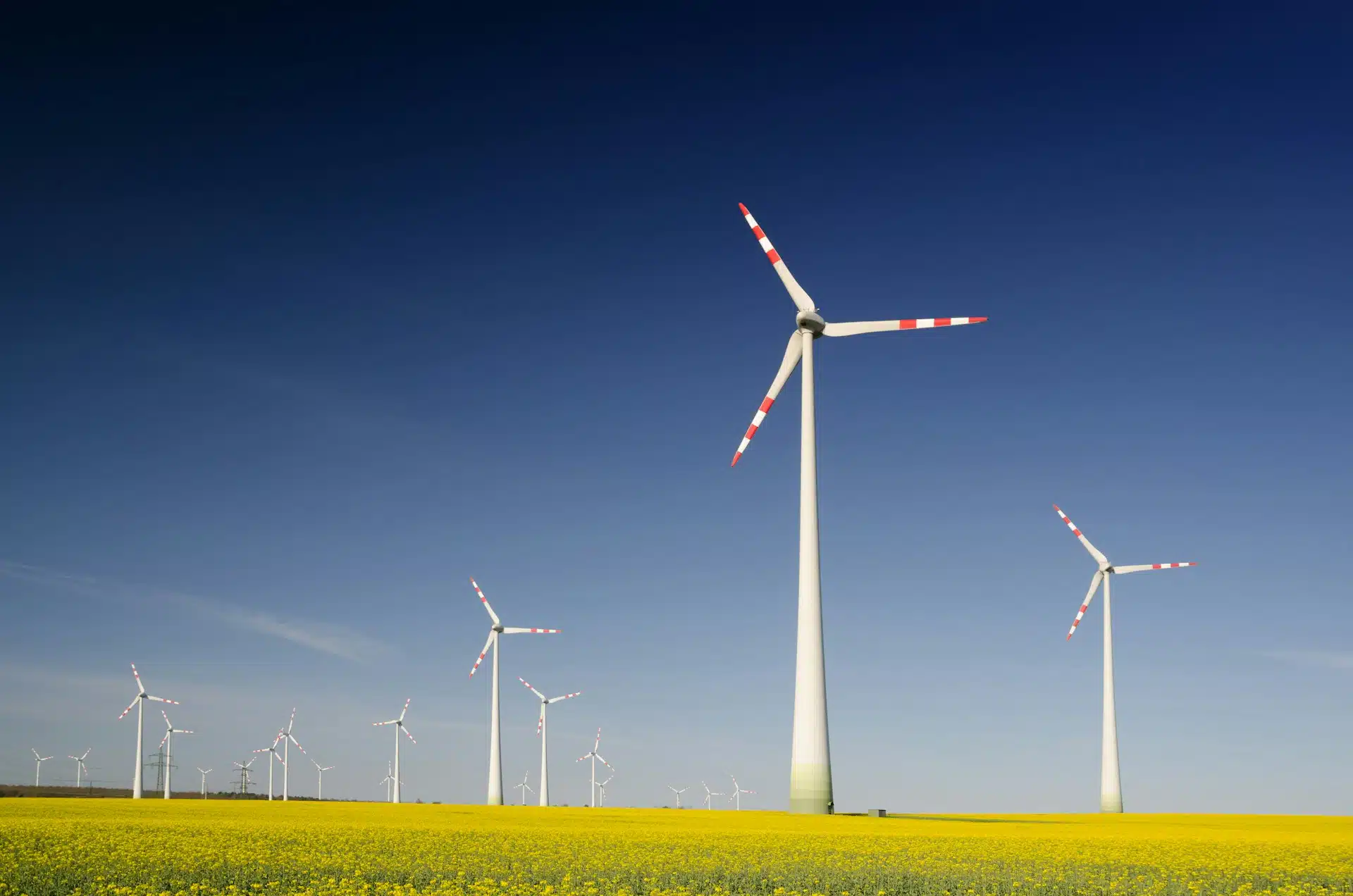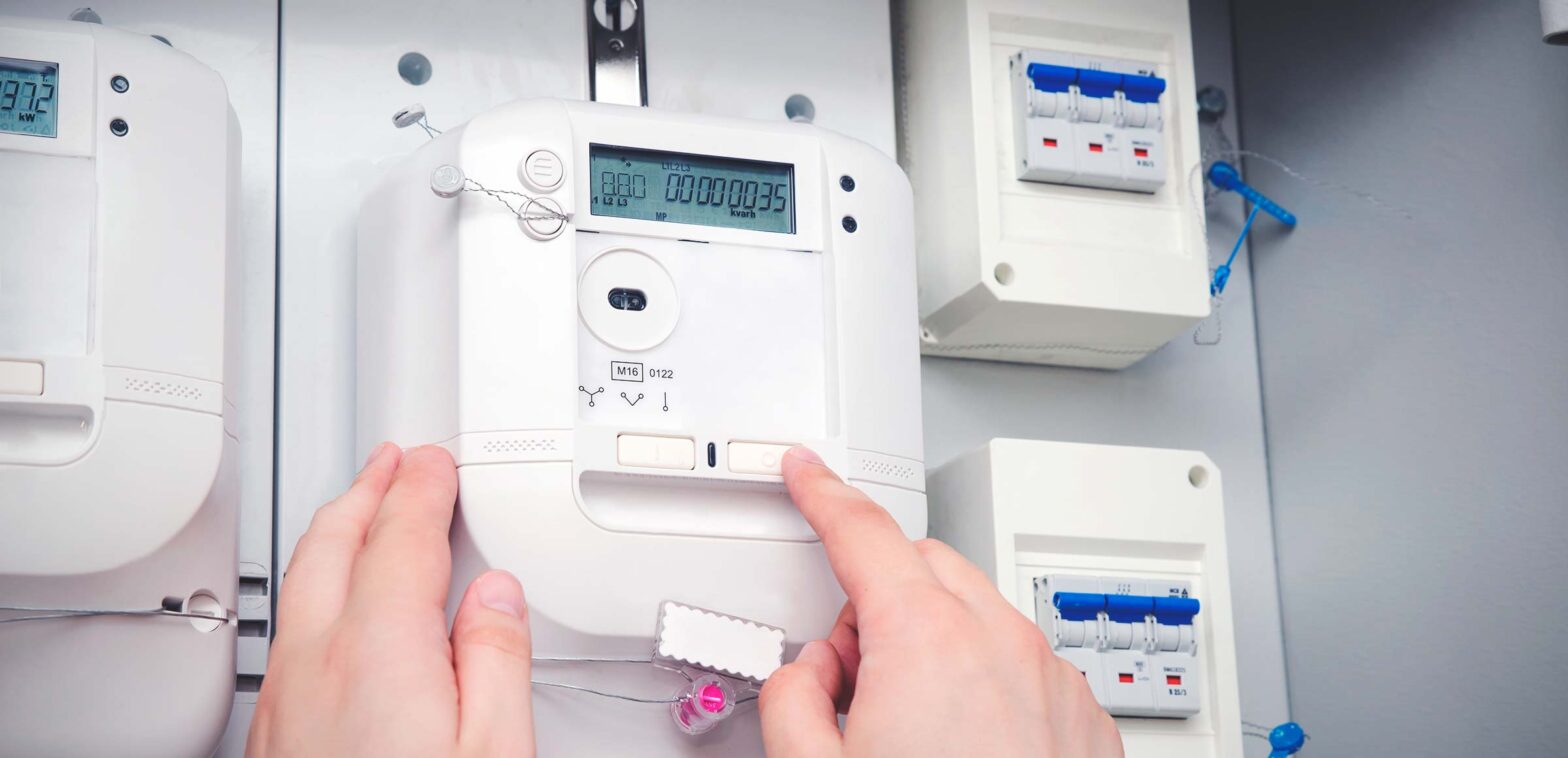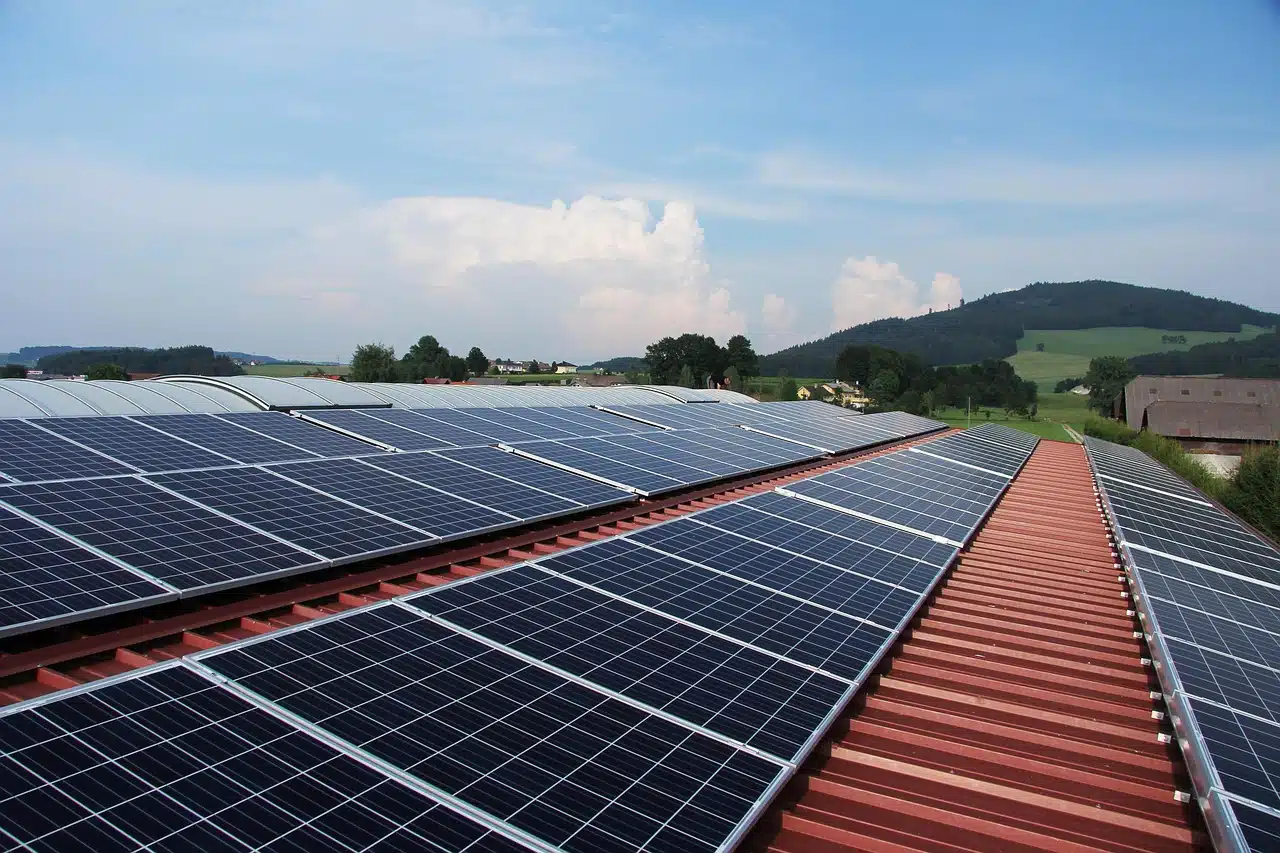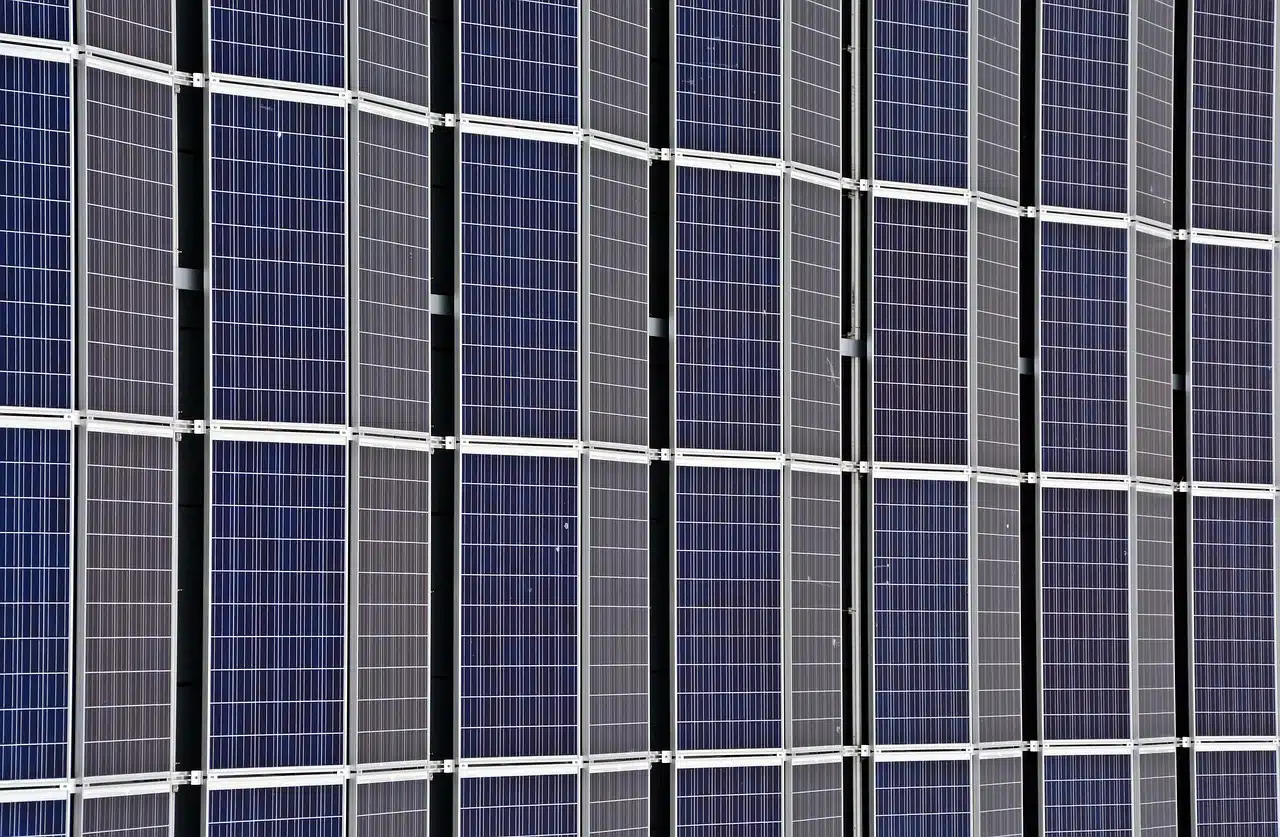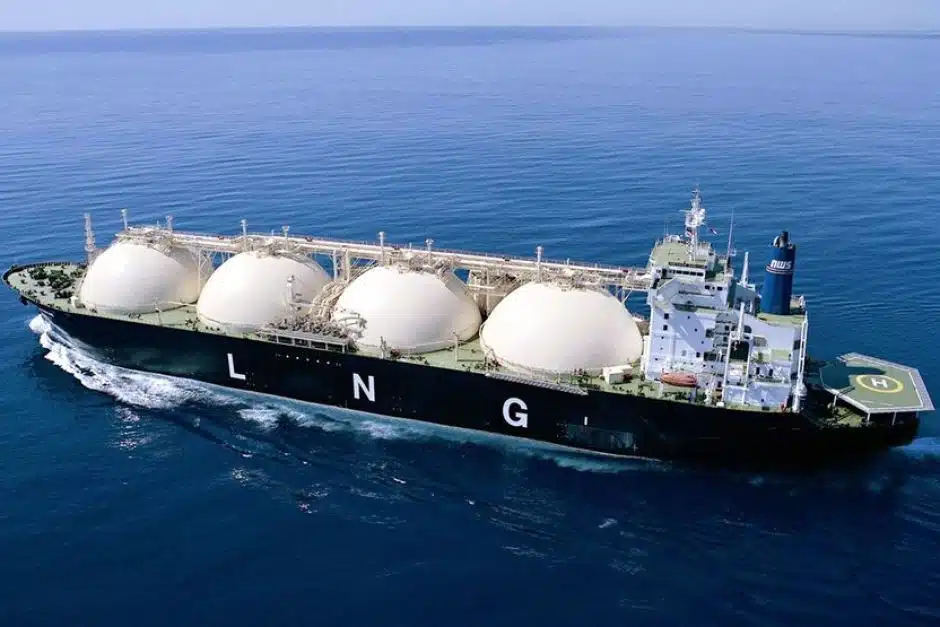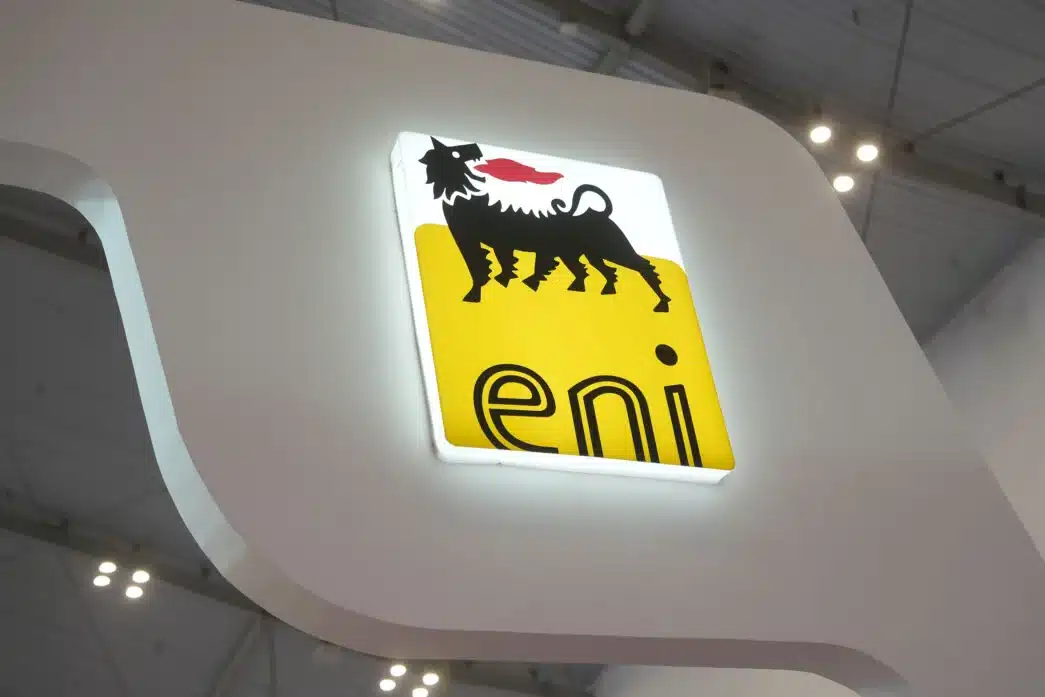South Africa is turning to European countries such as Germany and the United Kingdom for new climate financing as the United States scales back its commitment to the $8.5 billion Just Energy Transition Partnership (JETP) deal.
This development questions South Africa’s determination to sustain its ambitions for the energy transition despite shifting international support.
The Just Energy Transition Partnership (JETP), agreed in 2021, is designed to cut South Africa’s dependence from coal-dominated power generation to renewable energy sources.
South Africa secured an initial funding package of $8.5 billion from the International Partners Group (IPG), which included the US, UK, Germany, France, and the European Union.
The US contribution comprised $1 billion in loans and $48 million in grants, aimed at phasing out coal-fired power plants and scaling up renewables.
However, in March 2025, the US formally exited the JETP agreements with South Africa, Indonesia, and Vietnam, canceling its financial commitments.
This decision was based on changes in geopolitical priorities and internal funding constraints.
This exit not only weakens the credibility of international climate finance frameworks but also shifts the burden to remaining partners.
South Africa seeks new partnership
In response to the US exit, the South African Treasury has turned to Germany and the UK to secure alternative bilateral climate loans and grants.
Germany’s state development bank, KfW, and the African Development Bank (AfDB), backed by UK credit guarantees, are key players in these discussions.
Germany has already disbursed €800 million, and the UK is considering a loan exceeding $400 million through AfDB, demonstrating continued IPG commitment despite the US withdrawal.
Germany and the UK are considering paying some of the grants that the US originally pledged.
Earlier in March, the World Bank’s Climate Investment Funds (CIF) were considering the disbursement of a $2.6 billion green finance package with aims to close coal-fired power plants in South Africa.
What the US exit means for South Africa’s energy transition
South Africa generates more than 80% of its electricity from coal.
The JETP is crucial for reducing this dependency, aligning with the country’s Nationally Determined Contributions under the Paris Agreement.
The US was a setback, but it does not derail the program entirely, as over $2.5 billion of the pledged $8.5 billion has already been disbursed.
With the struggles to have a successful Energy Transition, South Africa’s economy recently lost $26.7 billion (481 billion rand) in output due to power outages.
South Africa must now rely more heavily on loans, increasing its debt burden, while seeking alternative grant funding from remaining IPG members.
This could slow the pace of decarbonization unless additional private investment is mobilized.

